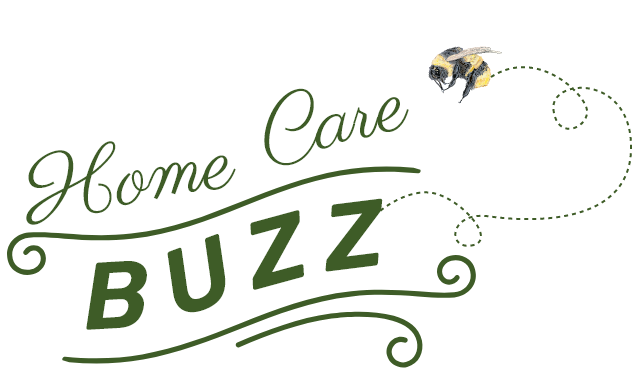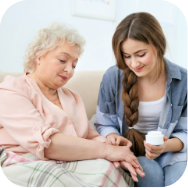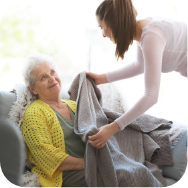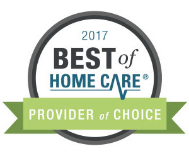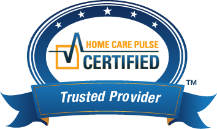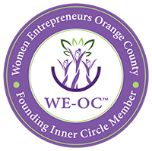Changes to Make in Your Life After a Heart Attack

A heart attack changes the lives of both seniors and their caregivers. If your loved one has had a heart attack, it's essential to understand the medications and lifestyle changes necessary for a successful recovery. According to the American Heart Association, over 1 million people in the U.S. have heart attacks each year, and about half of them survive. Fortunately, because of advances in coronary surgery and patient care, seniors who survive a heart attack can enjoy a healthy, active life for years to come.
What can you expect when your loved one returns home after a heart attack? Depending on the severity of the heart attack and the damage to the heart, recovery and return to everyday activities may be relatively quick. Some patients are able to go back to everyday activities in one to three weeks following the heart attack. Others need more time to recover, either in a hospital setting or at home with family and home care. Seniors over the age of 65 may need eight weeks or more to fully recover from a heart attack, as they are more prone to complications and often less active than younger patients.
Medications
Medications for heart attack patients include statins, ACE inhibitors, beta-blockers, and aspirin. The amount of medication needed by a patient varies, and as a caregiver, you should educate yourself about these drugs, their side effects and interactions, and the proper dosages.
Diet and Exercise After a Heart Attack
Medications are not the only help your loved one will need for optimal health after a heart attack. Lifestyle changes are also needed to avoid another heart attack.
Exercise can help strengthen the heart muscle, provide more energy and improve emotional health. Your loved ones' physician may do what is called a stress test to determine a healthy and safe level of exercise, and you should never implement an exercise program without consulting a physician.
Although seniors need to find an exercise program that is safe for their level of activity, most doctors will recommend that your loved one gets more physical activity than he or she did before the heart attack.
Your loved one will probably have to make changes to his or her diet. A healthy diet is one of the best ways to lower the risk of another heart attack. A diet low in saturated fat and salt should be followed, incorporating a variety of fruits and vegetables, whole grains, lean meats, fish, and low-fat dairy products into everyday meals.
Emotional Changes
When your loved one returns home after a heart attack, you must be prepared for some changes - not just physical, but emotional. It is normal for heart attack survivors to feel extremely fearful of another heart attack, or upset and resentful at having to rely on others for primary care. Spending time in the hospital in an unfamiliar environment is stressful for anyone, and the anxiety around suffering a second heart attack can plague even the most positive senior.
A previously compliant loved one may refuse to eat healthy foods at mealtimes or snap out of irritation at the advice you give about his or her health. Your loved one may seem subdued, or frightened in situations where he or she has to do things without your help. This is normal and may last for up to six months after a heart attack. However, the American Heart Association recommends that you seek professional help for your loved one if he or she is exhibiting signs of severe depression, talks of suicide or there is continued interference with daily activities.
Chest Pain (Angina Pectoris)
Any chest pain that your loved one experiences should be reported to a doctor as soon as possible. However, slight pressure in the chest that goes away soon after is usually normal in patients who have previously had a heart attack, so keep calm if he or she is feeling this slight pain or pressure. There are medications that can ease these symptoms and make your loved one more comfortable.
Cardiac Rehabilitation
This type of program can help your loved one learn more about his or her condition, utilize proper exercise routines and make necessary dietary changes, and it can be especially beneficial for those who need to make lifestyle changes such as eliminating alcohol or tobacco, losing weight or managing other conditions such as diabetes.
According to the American Heart Association, the cardiac rehabilitation program has been effective in decreasing mortality rates, additional heart attacks, and further surgeries in patients. During cardiac rehabilitation, patients work with a team of health professionals such as doctors, nurses, physiotherapists, and nutritionists to develop individual recovery goals. These health professionals will also closely monitor aerobic and resistance exercises to determine a healthy level of long-term activity.
If your loved one has suffered from a heart attack and needs some assistance at home during the recovery process, call Caring Companions At Home at 888-950-0750 for a free in-home assessment by one of our qualified Case Managers. We can assist you in finding the perfect caregiver.



